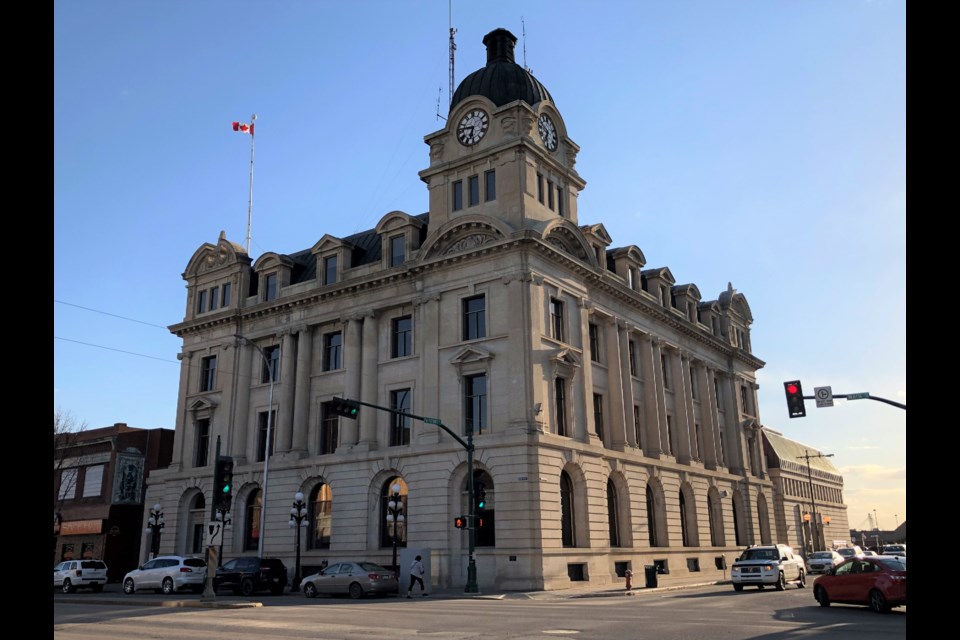Contractors looking to upgrade or build new housing in Moose Jaw could be eligible for up to $3,000 in incentives, based on proposed changes to the housing incentive policy.
Grant funding would be based on an earned points system, where applicants could apply for a capital grant of up to $2,500 per unit, a property tax exemption, or a combination of both, depending upon the project, according to a report from city administration.
Contractors could receive an additional $500 in grant funding for infill and replacement housing, which would be a tax exemption for one- and two-unit dwellings.
Other proposed changes include:
- Incentives to legalize or create new secondary suites, covering up to 50 per cent of the costs
- Incentives for supportive and transitional housing, especially for vulnerable people
- Use yearly interest — about $23,000 — from the housing reserve account to give annual grant allowances, making the account more sustainable; there is $975,261 sitting in the housing reserve account
During its May 27 executive committee meeting, council voted 6-1 on a recommendation to have administration proceed with stakeholder consultations for the proposed housing incentive policy.
Coun. Brian Swanson was opposed.
The recommendation must be approved during the next regular council meeting to be official.
Policy background
While housing is typically a provincial responsibility, it has become common for Canadian cities to provide their own housing incentives to take further advantage of provincial and federal programs, said administration’s report. Municipalities can also tailor the housing programs to meet the needs of their community.
Proposed changes to the policy would:
- Put an emphasis on diversifying and upgrading the Moose Jaw housing stock for continued growth and a more diverse population
- Promote residential growth in important strategic areas — such as the city centre — to meet community goals.
Council discussion
If builders want to construct secondary suites, they would bring their request to city hall for either approval or rejection, said Michelle Sanson, director of planning and development. These additions would have to meet building codes and health and safety standards.
The reason for the proposed grant and tax incentive is because it sometimes makes sense to give a grant to a project, while other times a combination is appropriate, Sanson continued. However, she couldn’t see city hall giving both financial incentives for a project; instead, a five-year tax incentive would be offered.
There were four infill housing projects last year and only one in 2017, Sanson told Swanson. There have not been any applications for the construction of suites over shops or garages.
“All these are well-intentioned programs that have very little uptake … (and) don’t work,” Swanson said. He didn’t think there was much point in providing $500 incentives per application, or using the $23,000 per year from interest. Instead, he wanted to see money from the housing reserve account go to fixing pipes.
There is interest in building new homes, as shown by an increase of $1.7 million in building permits during the first quarter of this year versus last year, said Coun. Chris Warren.
The municipality’s housing needs will change over time, noted Mayor Fraser Tolmie. Council recently approved a SaskPower project that will create up to 800 jobs. Those workers will look for housing, rental properties and even hotel rooms while working here.
The next executive committee meeting is June 10.




